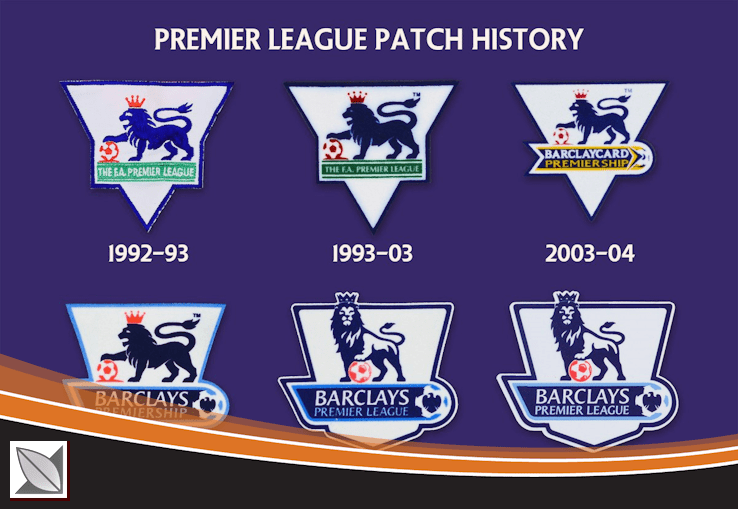The Establishment of the English Premier League in 1992

The year 1992 ushered in a new era for English football. Departing from the century-old Football League structure, top clubs sought a path to greater financial control and global appeal. The resultant English Premier League (EPL) was a game-changer, propelling English football to unparalleled heights.
The Prelude: English Football Pre-1992
Before the EPL's creation, English football was facing a myriad of challenges. Stadium disasters like Heysel in 1985 and Hillsborough in 1989 brought to light the crumbling infrastructure and hooliganism that plagued the game. Simultaneously, English clubs were banned from European competitions post-Heysel, creating a period of introspection for the game's future in the country.
Genesis of an Idea
The top football clubs began to realize that to compete on the European stage, both in terms of performance and financial muscle, they needed a drastic overhaul. They sought a model where they could command a greater share of television broadcast rights, leading to increased revenue. The "Big Five" at the time - Manchester United, Liverpool, Tottenham Hotspur, Arsenal, and Everton - were the primary architects of this shift.
Breaking Away: Birth of the Premier League
In 1992, the clubs in the First Division parted ways with the Football League and established the Premier League as a separate entity. The primary lure was a lucrative television rights deal with Sky Television, which promised to pump in unprecedented funds into the game. This move was not without its detractors, with many fearing it would widen the gap between the top tier and lower league clubs.
The Sky Television Deal
The five-year deal with Sky Television, worth £304 million, was a game-changer. It not only provided clubs with a financial windfall but also revolutionized how fans consumed football. With multiple games broadcasted weekly and innovations like Monday Night Football, the English game's accessibility and appeal soared.
Challenges and Initial Hurdles
The transition was not seamless. Many purists feared the commercialization of the game, believing that the soul of football was being traded for monetary gains. Furthermore, the vast influx of money led to skyrocketing player wages, leading to concerns about the game's sustainability and spirit.
Globalization and the Premier League
The EPL's global appeal cannot be understated. As satellite television expanded its reach, the league found fans in every corner of the globe. International broadcasting rights deals, combined with strategic marketing, made the EPL a global brand. Consequently, the league attracted top talent from around the world, further enhancing its quality and appeal.
Impact on English Football
The establishment of the EPL had a profound impact on English football. While the financial disparities between the Premier League and lower leagues grew, the top tier's overall quality improved significantly. Stadiums were modernized, training facilities upgraded, and a new breed of football management professionals emerged. This renaissance led to improved performances by English clubs in European competitions, reaffirming the EPL's elite status.
Critics and Detractors
Despite its successes, the EPL faced criticism. Many believed it was becoming an 'elitist' entity, out of touch with grassroots football. Spiraling ticket prices, corporate-driven decisions, and the departure from traditional match timings for TV schedules were points of contention.
Legacy of the Premier League
Three decades on, the English Premier League stands tall as one of the premier sporting competitions globally. Its matches are watched by billions worldwide, and its clubs have passionate fan bases across continents. The league has given fans iconic moments, legendary players, and narratives that have defined modern football. Moreover, its financial model, while not without flaws, has been emulated by leagues worldwide.
Conclusion
The establishment of the English Premier League in 1992 was a watershed moment for the sport. Born out of a need for rejuvenation and a vision for global dominance, it faced its fair share of challenges. Yet, its enduring legacy is a testament to its undeniable impact on the footballing world. From humble beginnings, the EPL has grown into a juggernaut, intertwining the traditional charm of English football with the dynamism of the modern game, creating an unparalleled sporting spectacle.